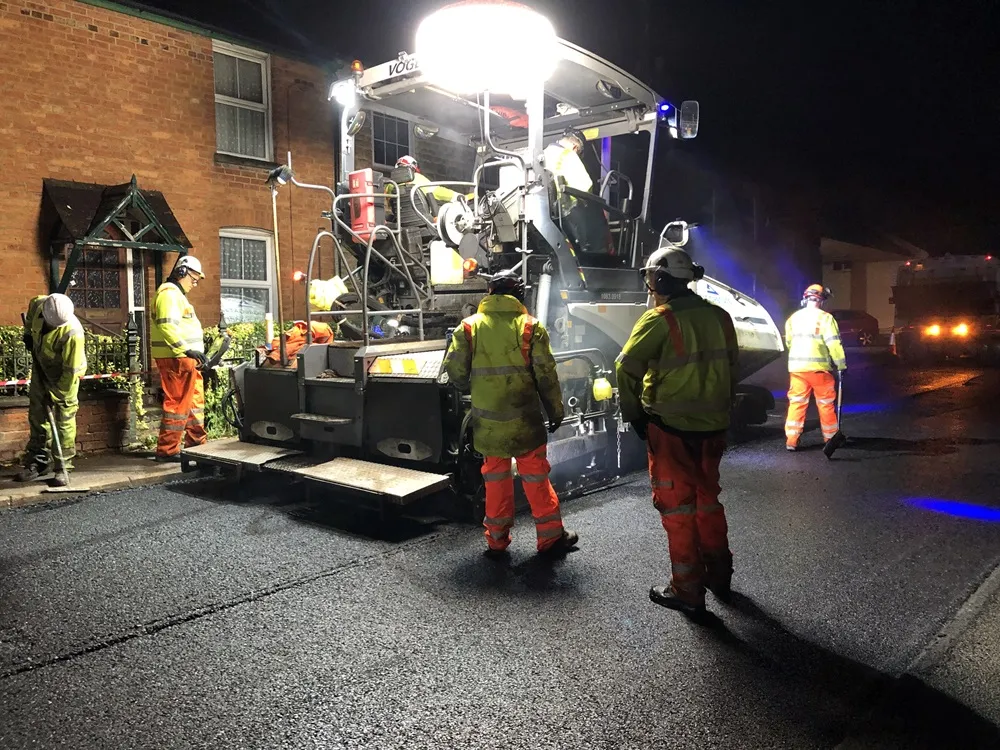A highway project looks set to face extended delays in its construction due to the discovery of contaminated land. A two year highway project planned in the canton Valais will now take considerably longer to complete due to the unexpected discovery of mercury contamination on the site. The contamination is historic and appears to be the result of disposal carried out by a local chemicals firm in the 1930s, when there were few controls over what could be dumped. The company had tipped its chemical waste into
November 28, 2012
Read time: 2 mins
A highway project looks set to face extended delays in its construction due to the discovery of contaminated land. A two year highway project planned in the canton Valais will now take considerably longer to complete due to the unexpected discovery of mercury contamination on the site. The contamination is historic and appears to be the result of disposal carried out by a local chemicals firm in the 1930s, when there were few controls over what could be dumped. The company had tipped its chemical waste into a canal but the scale of the contamination has yet to be fully assessed. The project requires some 240,000m3 of earthmoving work and at this early stage, it looks as if some 20,000m3 will have to be treated. The chemicals firm is still in business and will pay for the extra decontamination work necessary. However, the issue does highlight the problem of historic contamination dating from when environmental controls were less thorough than at present. With the need to re-use many former industrial sites for infrastructure work in developed nations, this type of problem is likely to resurface on a regular basis.









